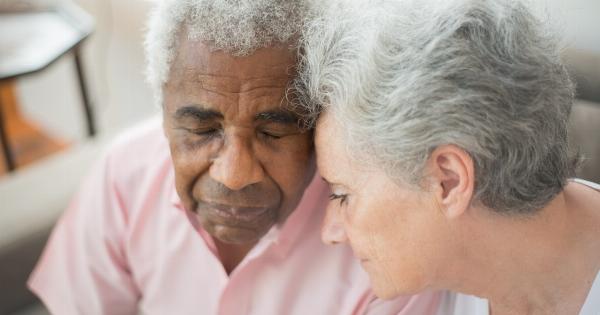Aging is a natural process that every person has to go through. With aging comes hair thinning and a decrease in hair quality. Thinning hair can be a frustrating experience for most people.
The good news is that you can slow down the process of aging and hair thinning if you understand the root causes. Understanding the causes will help you make the right changes in your lifestyle for healthy hair.
Culprits of Aging and Hair Thinning
1. Hormonal Imbalances
Hormonal imbalances are one of the leading causes of hair thinning in both men and women. Hormonal imbalances occur when there are changes in hormone levels in your body.
Examples of hormonal imbalances include thyroid disorders, polycystic ovary syndrome (PCOS), and menopause. These conditions can cause the hair to grow thinner and weaker.
2. Genetics
Genetics also play a significant role in hair thinning. If your family has a history of hair thinning or baldness, it’s highly likely that you will experience hair thinning as well.
However, there are some changes you can make to slow down the process of hair thinning.
3. Poor Nutrition
Poor nutrition is another factor that contributes to hair thinning. If your diet lacks essential nutrients such as vitamins, proteins, minerals, and amino acids, your hair will grow thin and weak.
Incorporating a healthy and balanced diet will help you achieve healthy hair. You can also add nutritional supplements to your diet to ensure that your body gets all the nutrients it needs.
4. Stress
Stress can also contribute to hair thinning. High levels of stress lead to hormonal imbalances that trigger hair thinning. Reducing stress levels can help you maintain healthy and strong hair.
Taking part in relaxation techniques such as yoga and meditation will help you reduce stress levels.
5. Medical Condition or Medications
Hair thinning can be a side effect of certain medications or medical conditions. Medical conditions such as cancer and alopecia cause hair thinning. Some medications such as chemotherapy and antidepressants also cause hair thinning.
If you notice that your hair is thinning after starting a new medication, consult your doctor about alternatives.
Unveiling The Solutions
1. Maintain a Balanced Diet
Eating a healthy and balanced diet that includes a variety of vitamins, minerals, and nutrients can help prevent hair thinning. Foods rich in Vitamin D, E, Folic Acids, Proteins, and Iron are essential for healthy hair.
2. Haircare products
Using specific hair care products can also help prevent hair thinning. Avoid harsh chemicals and sulfates on your hair that can cause hair thinning and damage.
Use gentle shampoos, conditioners, and other styling products that promote healthy hair growth.
3. Essential Oils
Essential oils such as Jojoba, Peppermint, and Rosemary are beneficial for healthy hair. They have properties that stimulate hair growth, reduce hair loss, and promote a healthy scalp.
You can use these essential oils by adding them to your hair care routine.
4. Hair Supplements
There are many hair supplements available in the market that promote healthy hair growth. These supplements contain essential nutrients that your hair needs to grow healthily.
Ensure that you purchase supplements with high-quality ingredients from reputable sources.
5. Laser Therapy
Laser therapy is a medical treatment that promotes healthy hair growth. It’s a non-invasive therapy that stimulates hair follicles by using red light therapy. The laser therapy promotes blood flow to the hair follicles and stimulates hair growth.
Conclusion
Understanding the root causes of hair thinning and aging can help you take the right steps to maintain healthy hair.
Some of the solutions to hair thinning include eating a balanced diet, using specific hair products, essential oils, and taking hair supplements. These solutions promote healthy hair growth and reduce hair thinning. However, if you notice that your hair thinning is caused by a medical condition or medication, consult with your doctor for the right treatment options.































